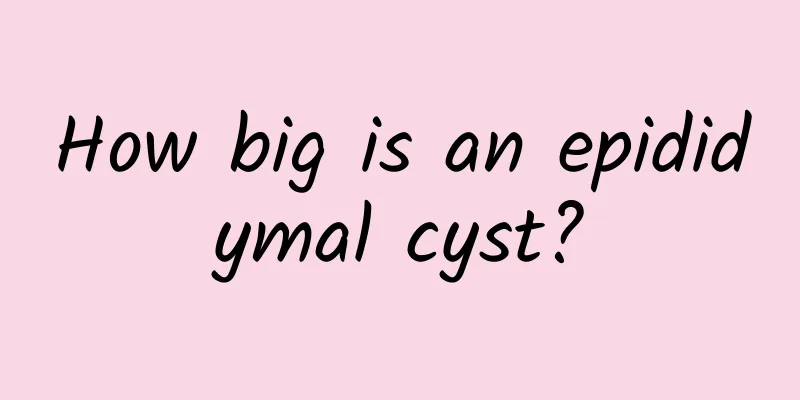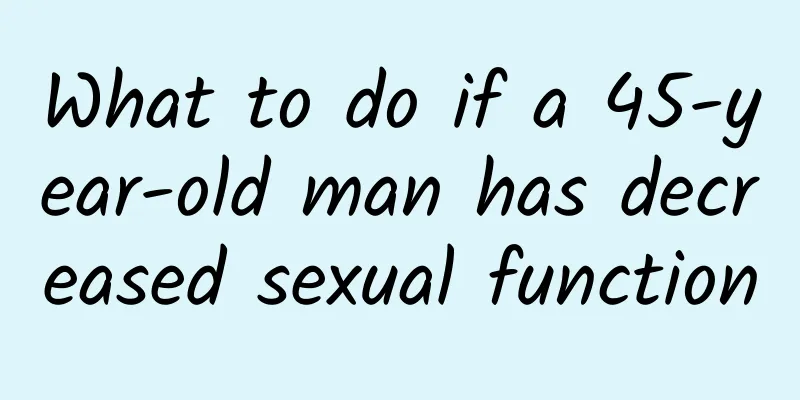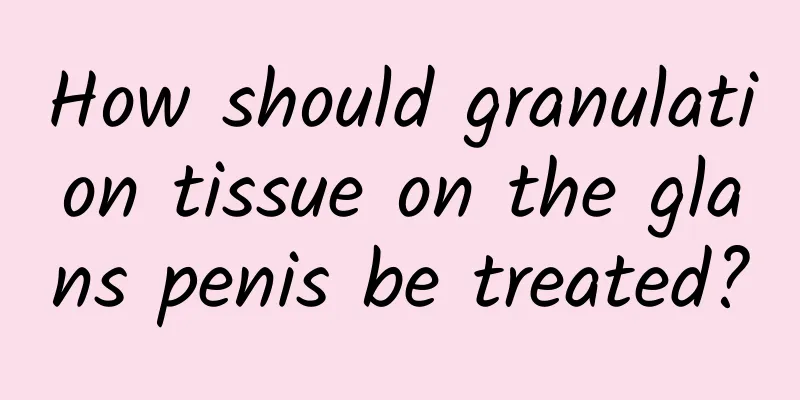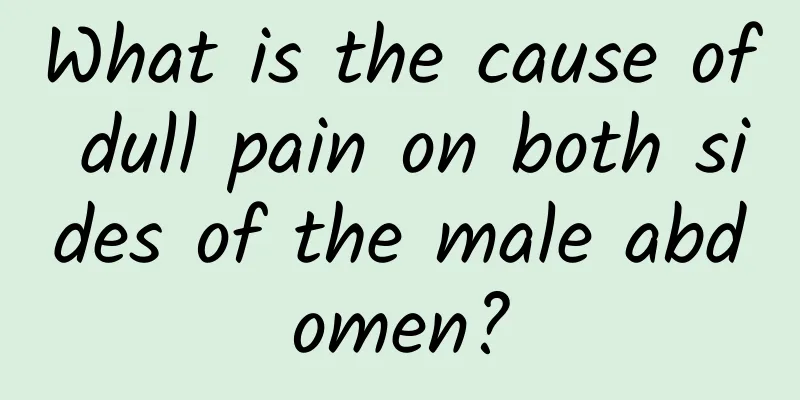When I pinch my penis, it hurts inside. What anti-inflammatory medicine should I take?
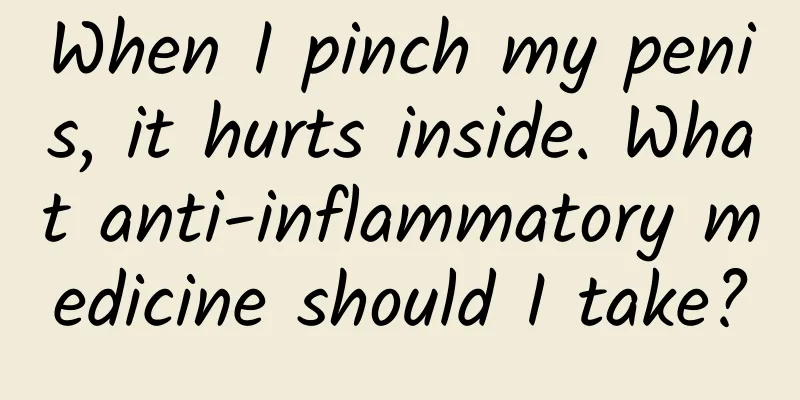
|
The penis is a male's physiological organ, which contains many body tissues such as the urethra, prostate, and lymph. If you feel pain when you pinch it with your hands, it may be that there is a problem with the prostate, lymph, etc. The pain is basically caused by inflammation. At this time, you should find the problem according to your symptoms and take anti-inflammatory drugs. What anti-inflammatory drugs should we take at this time? Let's find out
Prostatitis is a systemic or local acute or chronic inflammatory disease caused by specific and non-specific infection of the prostate. Prostatitis can be divided into non-specific bacterial prostatitis, prostatitis (idiopathic bacterial prostatitis), specific prostatitis (caused by gonococci, tuberculosis, fungi, parasites, etc.), non-specific granulomatous prostatitis, prostatitis caused by other pathogens (such as viruses, mycoplasmas, chlamydia, etc.), prostate congestion and prostatitis. According to the course of the disease, prostatitis can be divided into two categories: acute prostatitis and chronic prostatitis. Acute prostatitis patients will experience systemic symptoms such as chills, fever, and fatigue. Local symptoms include a sense of heaviness in the perineum or suprapubic area, radiating to the waist, lower abdomen, back, and thighs, and the sense of heaviness will be aggravated when sitting for a long time or defecating; if a small abscess is formed, the pain will be aggravated and defecation will be impossible. Urethral symptoms include burning sensation, urgency, and frequent urination during urination, which may be accompanied by hematuria or purulent urethral secretions. Rectal symptoms include rectal distension, urgency, and a sense of defecation, and white secretions may flow out of the urethra during defecation. Chronic prostatitis can be divided into bacterial prostatitis and prostatitis. Chronic bacterial prostatitis is often transformed from acute prostatitis, and prostatitis is often caused by viral infection, urinary stones, chronic congestion of the prostate, etc.
According to the course of the disease, prostatitis can be divided into two categories: acute prostatitis and chronic prostatitis. Chronic prostatitis can be divided into three types: chronic bacterial prostatitis, nonbacterial prostatitis and prostatitis. In 1998, the National Institutes of Health (NIH) of the United States reclassified prostatitis based on the previous classification according to the results of white blood cell count and bacterial culture of prostatic fluid, first urine after massage and (or) semen. Type I: Equivalent to acute bacterial prostatitis in the traditional classification method; Type II: Equivalent to chronic bacterial prostatitis in the traditional classification method; Type III: chronic prostatitis/chronic pelvic pain syndrome; Type IV: asymptomatic prostatitis. Among them, nonbacterial prostatitis is far more common than bacterial prostatitis.
The treatment effect of type Ⅰ prostatitis is generally good, but acute prostatitis may persist in some patients. Type II and III The treatment of chronic prostatitis is more difficult. Although there are many treatment methods, most of them are empirical treatments, and the treatment effect is often not ideal. However, chronic prostatitis is not enough to threaten the patient's life and vital organ function. Not all chronic prostatitis needs to be cured. The treatment goal is mainly to relieve pain, improve urination symptoms and improve quality of life. Type IV prostatitis does not require treatment. What are the common treatments for prostatitis? Common treatments for prostatitis include: 1. Drug treatment: antibiotics, analgesics, psychiatric and psychological treatment, hormone drugs and other drugs; 2 Local treatment: prostate massage, biofeedback technology, local medication, heat therapy and other methods; 3. Surgical treatment: urethral dilation, abscess drainage, transurethral resection of the prostate, etc. Generally speaking, surgical treatment is difficult to treat chronic prostatitis. It is only chosen when the patient has prostate-related diseases and is suitable for surgery. |
<<: How to remove facial beard
>>: How many days should I take anti-inflammatory drugs for mild epididymitis?
Recommend
What are the health-preserving recipes for men in winter?
As the weather gets colder, if you don't keep...
What is the best way to treat fungal infection in men?
What to eat to stay healthy has become a common t...
What should men eat to maintain good health in autumn?
When it comes to health preservation, many people...
What are the dangers of an enlarged prostate?
Men's physical health is particularly importa...
Treatment methods and precautions for inflammation after circumcision surgery
The condition after surgery is not something we c...
What to do if you have a fever and convulsions? Methods to relieve high fever and convulsions
Due to seasonal changes or sudden cool weather, s...
How to treat prickly heat on the head? Three methods are most effective
Heat rash can occur anywhere on the body, includi...
What to do about male endocrine hair loss
Hair loss is a common condition in our lives. Man...
What supplements can men take to improve their sexual performance?
If a man's kidneys are deficient in yang, he ...
How do men exercise their buttocks?
As a man, if the buttocks are too big or loose, i...
How many times can a man ejaculate in one night?
As we all know, men often ejaculate during orgasm...
Chronic prostatitis for 30 years
Generally speaking, if prostatitis is not treated...
How can men maintain their health to delay aging?
In fact, it is not only women who love beauty who...
Bladder tumor, it is more beneficial to remember these dietary taboos
"Tumor" generally refers to tumors, whi...
The reason why I always have a bitter taste in my mouth after having a cold has finally been found!
Cold is a very common minor illness in life. It c...

